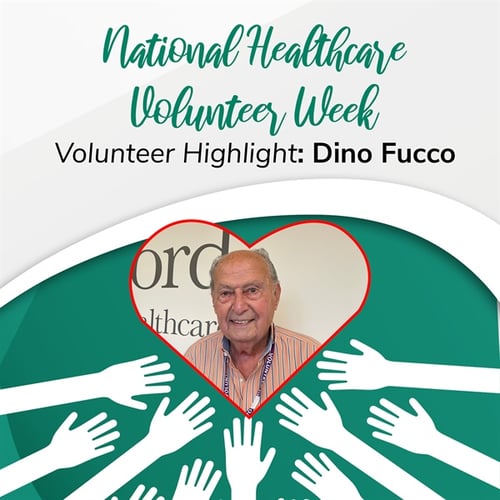Steve Baranski speaks with the kind of voice you’d expect from a seasoned radio or television personality. The music teacher’s deep, full-bodied timbre belies the fact that talking – and singing – was a near impossibility in the not-so-distant past.
Baranski was among the half-dozen staff at Hamden High School that developed laryngitis one December several years ago. As his colleagues’ symptoms resolved on their own, the 57-year-old continued to struggle with a weak, raspy voice. He recounted how heading the school’s music and choral programs became more difficult by the day.
“Speaking was uncomfortable and grueling. At the end of the teaching day, I was extremely fatigued. I pushed myself through the winter concert season, but by January I realized it wasn’t going away.”
A laryngoscopy revealed that he was suffering from a paralyzed vocal cord, a common diagnosis that will impact nearly five percent of Americans at some point in their lives and disproportionately affects teachers. The condition can be caused by a stroke, by trauma from surgery or intubation, or – as in Baranski’s case – nerve damage from a virus.
His Ear, Nose, Throat specialist immediately recommended surgery, an option that left Baranski uneasy.
“I thought surely, there has to be another way,” he said.
But when a second opinion from a leading ENT resulted in another surgery recommendation, Baranski left the office crestfallen - and carrying an appointment card for his scheduled operation.
With serious reservations about the plan in place, the 57-year-old sought the advice of a teaching colleague who underwent the same procedure.
“She told me, ‘The only thing you won’t be able to do anymore is sing.’ And not being able to sing absolutely wasn’t an option for me; it’s critical to my career. I knew I needed to exhaust every possible treatment out there.”
With a little research, Baranski found a doctor who offered a naturalistic approach. She referred him to Gaylord speech therapist Darielle Cooper, MA, CCC-SLP, for a consultation. There were no guarantees that the alternative treatment would work, the doctor cautioned, but it would certainly be worth a shot.
Baranski went to Gaylord outpatient speech therapy twice a week where Cooper led him through breathing exercises, physical relaxation techniques, and vocal function exercises that aimed to restore function to the paralyzed cord.
“Darielle would really increase the difficulty every time. She knew I wanted to be aggressive … and I even challenged myself. If she told me to do a set of breathing exercises at home, I would do double or triple that. With each session, I started getting stronger and less gravelly.”
As his speaking voice improved, the two worked on techniques to work on his pitch.
“I was a bit flat at first and couldn’t match a note, but after a few weeks I could start singing higher and lower – and my natural voice started to come back.”
“He was a very motivated patient,” said Cooper. “His understanding of how the vocal cords worked gave him a good understanding as to how these specific exercises could help.”
Cooper was surprised when her patient didn’t show up for one of their scheduled appointments. Checking in with the scheduler, she learned that Baranski had left a message earlier that day.
“He had a follow-up with his ENT – the same one who recommended surgery. He was 100 percent healed and no longer needed therapy. It’s always good to get an outcome like that!”
The news was music to both their ears.
The music teacher was so grateful for his speech therapist’s care, that he wrote a letter nominating her for Gaylord’s Employee of the Year Award.
“Darielle 100 percent gave me my career back,” Baranski said.
“If I had the surgery and I couldn’t sing, I don’t think I could have continued to teach. Maintaining a high school choral program is an enormous job … she was responsible for giving me back my livelihood and helping me support my family when it became almost too difficult to do so,” he continued. “I’ll always be grateful.”
